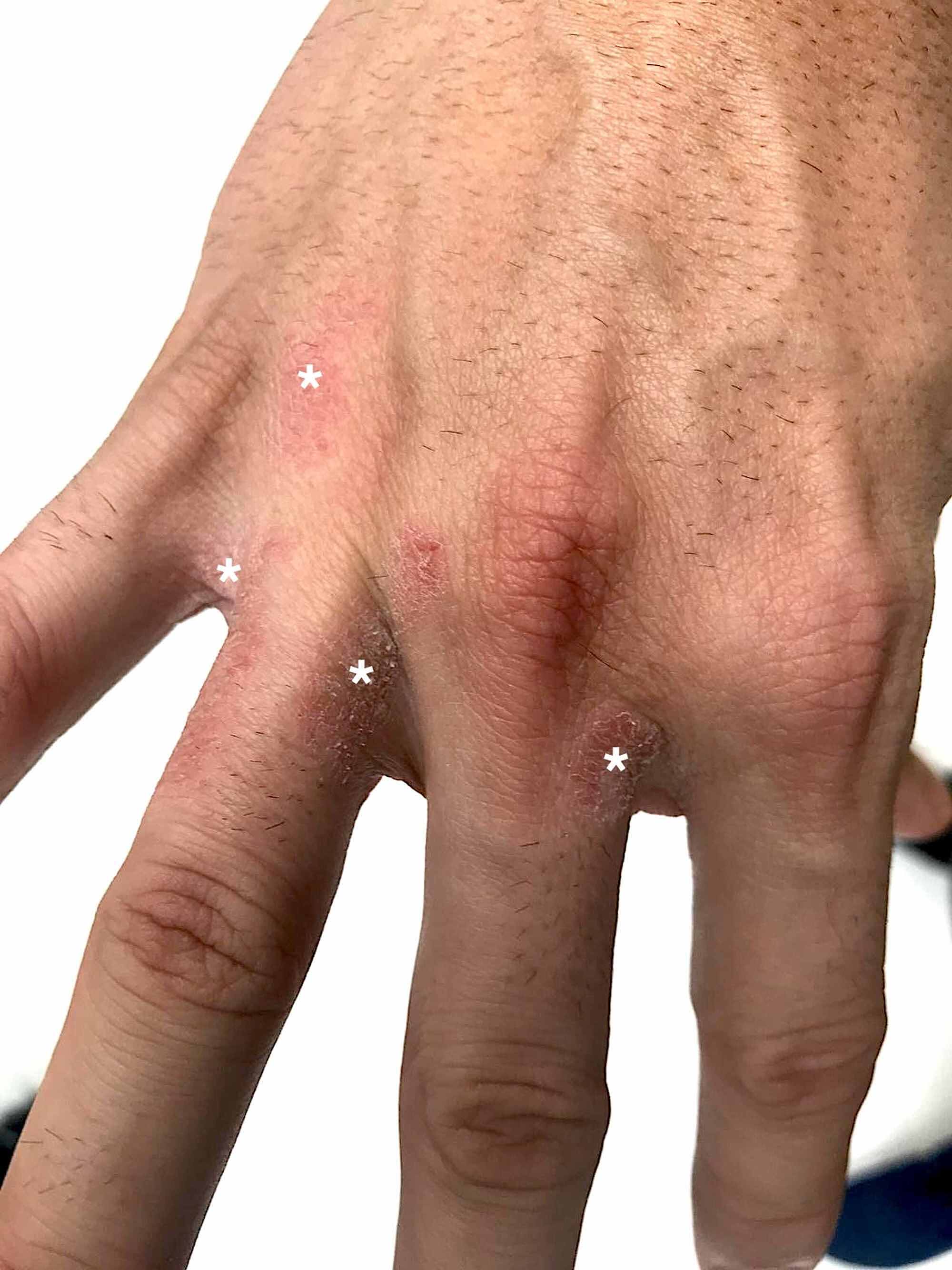 Cureus | Frequent Hand Washing for COVID-19 Prevention Can Cause Hand Dermatitis: Management Tips
Cureus | Frequent Hand Washing for COVID-19 Prevention Can Cause Hand Dermatitis: Management TipsWarning: The NCBI website requires JavaScript to operate. NCBI Bookshelf. Service of the National Library of Medicine, National Institutes of Health. WHO Guidelines on Hand Hygiene in Health Care: First global patient safety challenge is safer care. Geneva: World Health Organization; 2009. WHO Guidelines on Hand Hygiene in Health Care: First global patient safety challenge is safer care. 14Skin reactions related to hand hygiene There are two main types of skin reactions associated with hand hygiene. The first and most common type includes symptoms that may vary from mild to weak, including dryness, irritation, itching, and even cracks and bleeding. This set of symptoms is called irritating contact dermatitis. The second type of skin reaction, allergic contact dermatitis, is rare and represents an allergy to some ingredient in a hand hygiene product. Symptoms of allergic contact dermatitis may also vary from mild to severe and widespread. In its most serious form, allergic contact dermatitis may be associated with respiratory problems and other symptoms of anaphylaxis. Therefore, it is sometimes difficult to differentiate between the two conditions. HCW with skin reactions or complaints related to hand hygiene should have access to an appropriate referral service. 14.1. Frequency and pathophysiology of irritating contact dermatitisIm irritating contact dermatitis is extremely common among nurses, who go in prevalence surveys from 25% to 55%, and up to 85% relate a history of having skin problems., Frequent and repeated use of manual hygiene products, in particular soaps and other detergents, is an important cause of irritating contact. The skin adverse reaction was rare among HCWs (13/2750 exposed HCWs) exposed to alcohol-based preparation containing chloroxydine gluconate and skin emollient during a change in manual hygiene culture, multimodal program; it represented a skin-related adverse event for 72 years of exposure to HCW. The potential of detergents to cause skin irritation varies considerably and can be reduced by adding moisturizers. The irritation associated with antimicrobial soap can be attributed to the antimicrobial agent or other ingredients in the formulation. Affected HCWs often complain of a feeling of dryness or burning, skin that feels "confusing", erythema, climbing or fissures. An example of a hand skin self-assessment tool is given in . In addition, two similar protocols are included to evaluate the skin tolerance and acceptability of products by HCWs after the use of an alcohol-based manual in the WHO Multimodal Hand Hygiene Improvement Strategy Instrumental. The method is based on: 1) objective evaluation of dermal tolerance by an investigator using a validated scale; 2) subjective evaluation by HCW of its own skin conditions and the characteristics of the product. The simplest protocol is intended to be used to evaluate a single product in the short term (3-5 days after use) and in the long term (1 month after use); it is easy to implement in ordinary conditions. A more research protocol has been designed to make a quick comparison of two or more products using a double-blind, randomized and cross-cutting methodology. Hand hygiene products damage the skin by causing the denaturalization of stray proteins, changes in the intercellular lipids (whether depletion or reorganization of lipids), decrease in the cohesiveness of corneocytes and decrease the ability to bind stray water. Among them, the main concern is the depletion of the lipid barrier that can be the consequence of contact with detergent. Frequent handwashing leads to the progressive despising of superficial lipids with the deepest action of detergents in the superficial layers of the skin. During the dry seasons and in individuals with dry skin, this lipids drop-off occurs more quickly. The damage to the skin also changes the flora of the skin, which results in a more frequent colonization by staphylococci and gramnegative bacilli., Although alcohols are safer than detergents, they can cause dryness and irritation of the skin., The dissolved effect of lipids of alcohols is inversely related to their concentration, and epanol isprool or isprool. Numerous reports confirm that alcohol-based formulations are well tolerated and are often associated with better acceptability and tolerance than other manual hygiene products. ,–In general, irritating contact dermatitis is more commonly reported with idophylls. Other antiseptic agents that may cause irritating contact dermatitis, in order to decrease frequency, include chloroxydine, chloroxylenol, triclosan and alcohol-based products. The skin that is damaged by repeated exposure to detergents may be more susceptible to irritation by all types of manual antisepsi formulations, including alcohol-based preparations. Graham and colleagues reported low rates of adverse skin reactions to an alcohol-based formulation (Isopropil 70%) containing chloroxidine (0.5%) with emollient. The manufacturer may have information on the irritation potential of commercially prepared hand hygiene products, which is often determined by measuring the loss of transepidermal water from people who use the preparation. Other factors that can contribute to dermatitis associated with frequent cleaning of hands include the use of hot water to wash hands, low relative humidity (more common in the winter months in the northern hemisphere), non-use of cream or lotion of the extra hands, and perhaps the quality of paper towels., The wool forces associated with the use or removal of gloves can also contribute to the allergy of the latex proteins. In a recent study conducted among ICU HCWs, short-term skin tolerability and the acceptability of alcohol-based formulations recommended by WHO (see ) were significantly higher than that of a reference product. The risk factors identified for skin alteration after hand use were male sex, fair and very fair skin, and skin alteration before use. 14.2. Allergic contact dermatitis related to manual hygiene productsAllergy reactions to skin-applied products (contact allergy) may present as delayed-type reactions (allergic contact dermatitis) or less commonly as immediate reactions (contact urticaria). The most common causes of contact allergies are fragrances and preservatives, with less common emulsifiers.– Liquid soaps, hand lotion, ointments or creams used by HCW may contain ingredients that cause contact allergies. allergic reactions to antiseptic agents including QAC, iodophros, chloroxidine, triclosan, chloroxylenol and alcohols,,,,,, have been reported, as well as possible toxicity in relation to dermal absorption of products. Allergic contact dermatitis attributable to alcohol-based lighthouses is very rare. Surveillance at a large hospital in Switzerland, where an alcohol-based trade manual has been used for more than 10 years, could not identify a single case of documented allergy to the product. At the end of 2001, a request for freedom of information for data in the FDA's Adverse Events Reporting System on adverse reactions to alcohol-based popular lighthouses in the USA gave only one reported case of an erythematous reaction attributed to such product (J. M. Boyce, personal communication). However, with the growing use of such products by HCWs, real allergic reactions to such products are likely to occur occasionally. There are some reports of allergic dermatitis resulting from contact with ethyl alcohol and a report of ethanol-related urticaria contact syndrome. More recently, Cimiotti and colleagues reported adverse reactions associated with the preparation of an alcohol-based lighthouse. In most cases, nurses who had symptoms could resume the use of the product after a brief hiatus. This study raises alert for possible skin reactions to the preparation of alcohol-based bushes. On the other hand, in a double-blind trial by Kampf and colleagues from 27 people with atopic dermatitis, there were no significant differences in the tolerability of alcohol-based lighthouses compared to normal controls. Allergy reactions to alcohol-based formulations may represent true allergy to alcohol, or allergy to an allergy or aldehyde impurity or metabolite, or allergy to another constituent product. Allergic contact dermatitis or urtical reactions of immediate contact can be caused by ethanol or isopropanol. Allergic reactions can be caused by compounds that may be present as inactive ingredients in alcoholic headlights, including fragrances, bencilin alcohol, sterling or isostelar alcohol, phenoxyethanel, mirylic alcohol, propylene glucocol, parabens or benzalkonium chloride. 14.3. There are three primary strategies to minimize irritating contact dermatitis related to hand hygiene between HCWs: select less irritating products from hand hygiene; avoid certain practices that increase the risk of skin irritation; and use skin care moisturizing products after manual cleansing. 14.3.1. Selection of less irritating products Because HCWs must clean hands frequently, it is important that health care facilities provide products that are effective and as safe as possible for the skin. The tendency of products to cause irritation and dryness of the skin is an important factor that influences its acceptance and final use by HCWs., – For example, concern for the effects of alcohol drying is an important cause of poor acceptance of alcohol-based lighthouses in hospitals., Although many hospitals have provided HCWs with simple soap in the hope of minimizing dermatitis, the frequent use of these products is greater Several studies have shown that these products are best tolerated by HCWs and are associated with a better skin condition when compared to soap smooth or antimicrobial.,,,,,,,,,,, with rubs, the shortest time required for manual antisepsis can increase acceptability and compliance. In environments where the water supply is insecure hand antisepsis without water, it has additional advantages over soap and water. 14.3.2 Reduce skin irritationHand hygiene practices can increase the risk of skin irritation and should be avoided. For example, washing hands regularly with soap and water immediately before or after using an alcohol-based product is not only unnecessary, but can lead to dermatitis. In addition, donating gloves while the hands are still wet from washing or applying alcohol increases the risk of skin irritation. For these reasons, the HCW should be reminded not to wash their hands before or after applying alcohol and allow their hands to dry completely before donating gloves. A recent study showed that HCW's education in appropriate skin management was effective in preventing occupational skin disorders. No product, however, is free from potential risk. Therefore, it is generally necessary to provide an alternative for use by individuals with sensitivity or reactions to the hand hygiene product available at the institution. 14.3.3. Use of skin-care moisturizing products The effects of hand hygiene products on the skin vary considerably, depending on factors such as climate and environmental conditions. For example, in tropical countries and during the summer months in temperate climates, the skin remains more hydrated than in cold and dry environments. The effects of the products also vary according to the skin type. In a recent study, darker-skinned nurses were qualified to have a significantly healthier skin and less skin irritation than light-skinned nurses, both for their own self-assessment and observer qualification. The results of a prevalence survey of 282 Chinese hospital nurses suggested that manual dermatitis was less common among this group when compared to those of other parts of the world. However, the reported prevalence of dermatitis was 53.3% in a survey of 860 Japanese nurses, and the use of hand cream was associated with a 50% reduction. The need to hydrate the products will thus vary in the health-care environments, geographical locations and the respective climatic conditions, and people. For HCW at risk of irritating contact dermatitis or other adverse reactions to hand hygiene products, additional skin may be needed. Hand lotions and creams usually contain moisturizers, fats and oils that increase skin hydration and replace lipids of altered or exhausted skin that contribute to the barrier function of the skin. Several controlled trials have shown that the regular use of these products can help prevent and treat irritating contact dermatitis caused by manual hygiene products. –Importantly, in a trial conducted by McCormick and colleagues, the improvement of the skin condition resulting from the frequent and programmed use of a lotion containing oil led to an increase of 50% of the hand-cleaning frequency between HCWs. These researchers stressed the need to educate HCWs regarding the value of regular and frequent use of manual care products. However, most hand-hydrating agents are not sterile and therefore can be easily contaminated; they have also been associated with outbreaks in the neonatal ICU environment. In particular, if the lotion is poured from a large bottle in smaller bottles, the smaller containers should be washed and disinfected between uses and not covered. Barrier creams have recently been marketed for the prevention of irritating contact dermatitis related to hand hygiene. These products are absorbed in the surface layers of the epidermis and are designed to form a protective layer that is not eliminated by standard manual cleaning. However, the test of the effectiveness of these products is unequivocal. Moreover, these products are expensive, and therefore they cannot be recommended at present in health-care settings, particularly when resources are limited. If the use of oil-containing commodities, not specifically manufactured for the protection of hand skin, would have a similar effectiveness, as currently available manufactured agents need to be determined. Frequent use of gloves can increase the risk of skin problems. In a study conducted among healthy volunteers, when a moisturizer was applied before using occlusive gloves, there was a statistically significant improvement in skin hydration. More recently, an examination glove covered with aloe vera resulted in greater skin integrity and a decrease in erythema in 30 women with occupational dry skin. However, these products cannot yet be recommended as field trials, larger sample sizes and cost analysis are required. In addition to assessing the effectiveness and acceptability of manual care products, product selection committees should ask about possible harmful effects that oil-containing products may have on the integrity of rubber gloves and on the effectiveness of antiseptic agents used in the facility, as well as the fact that, as mentioned above, most of these products are not sterile and can be easily contaminated. All rights reserved. World Health Organization publications can be obtained from WHO Press, World Health Organization, 20 Avenue Appia, 1211 Geneva 27, Switzerland (tel.: +41 22 791 3264; fax: +41 22 791 4857; e-mail: ). Applications for permission to reproduce or translate WHO publications – whether for sale or for non-commercial distribution – should be addressed to the WHO Press, in the previous address (fax: +41 22 791 4806; e-mail: ). ViewsIn this PageOther titles in this collectionRecent activityYour browsing activity is empty. The activity recording is off. , 8600 Rockville Pike, Bethesda MD, 20894 USA
Eczema, hand wash and the New Coronavirus (COVID-19): Protect yourself and your skin from living Asma and Alergia Foundation of AmericaCommunity Eczema, hand wash and the New Coronavirus (COVID-19): Protecting yourself and your skinBringing your hands is one of the best ways to prevent the spread of viruses, like and . But when you have a sore. How can people with eczema protect their skin while protecting from coronavirus? The Asma and Allergy Foundation of America (AAFA) asked Dr. Jonathan Silverberg, a member of our , what people with eczema and other skin conditions need to know about hand washing and COVID-19. The World Health Organization (WHO) and Centers for Disease Control and Prevention (CDC) are recommending frequent handwashing to protect from flu and COVID-19. But this can cause outbreaks for people with eczema. What do you recommend to people with eczema do to prevent eczema bengalas in their hands while practicing good hygiene? My personal and professional experience has been that handwashing is generally better than hand disinfectant, especially when it is applied moisturizer right after. Applying moisturizer after each wash of hands can compensate much of the drying effects of handwashing. I usually recommend my patients to carry a humectant pocket tube that allows them to apply it anywhere. Are there certain types of soap that people with eczema should avoid? Should they avoid hand sanitizer too? Many of the antiseptic washes and antibacterial washes are quite tough on the skin. In general, antiseptic ingredients are not necessary for proper hand hygiene if you use the appropriate technique (i.e. wash with soap for 20 seconds, use warm water, etc.). The United States Food and Drug Administration (FDA) has even been reviewing whether these ingredients are suitable for free-sale cleaners. But, under the circumstances of the current outbreaks, you can only have access to some of the hard antiseptic washes. As such, the pros of proper hygiene and the prevention of disease transmission exceed the cons of irritation of such products. But, applying moisturizer after each washing can reduce much of the drying effects. What are the steps people with eczema should take to properly moisturize after washing their hands? After washing your hands, you should dry with a towel or disposable paper tissue. It is better not to rub dry as this is traumatic to the skin apart from the damage of frequent exposure of water. Once more dry, (i.e., your skin is still a bit of moisture) apply a generous amount of moisturizer to cover the entire surface of your hands and fingers. The choice of moisturizer depends largely on your preference and what is practical for daily use and daily life activities. Some people wear disposable gloves and use washing their hands in those gloves. This affected the integrity of latex gloves. Is this the case of nitrile or vinyl gloves? Is this a valid and effective way for people with eczema to protect themselves while avoiding outbreaks? I'm not sure if it affects the integrity of vinyl or nitrile. But I'm not a fan of this approach. When we apply the disinfectant by hand on our naked skin, we can feel if we cover the entire surface of our hands and fingers. But when wearing gloves, we limit the ability to feel this and we could lose some points in the gloves and then accidentally carry some germs. I think it makes more sense to change gloves and/or wash or heal hands often, rather than wash or heal gloves. If a person's hands with eczema dry and break, should they call your doctor? How should they treat it to avoid infection? The good integrity of the skin barrier is an important aspect of hand hygiene. People who are prone to having hand eczema or atopic dermatitis that are flashed using hard soap or frequent washing of hands should be proactive and apply moisturizers to help maintain the skin barrier and prevent fulgurant eczema. But if that's not enough, they may need prescribed topical therapy to reduce inflammation in eczema. What should people do with eczema while cleaning to protect their skin while working to prevent the spread of respiratory diseases? People should always wear gloves when using antiseptic wipes and cleaning products. These can be very hard in contact with your skin. Should people with eczema hand carry soap travel bottles and moisturizer that works best for them so they can wash their hands in public? I often recommend this to patients who are sensitive to different products. But in this scenario of the outbreak, there are two more considerations. First, it is important that people properly clean their hands before applying moisturizer to prevent contamination of their products with harmful germs. Second, it is important that people also clean and/or sterilize the outside of the containers they are using to carry around soap and moisturizers. Otherwise, they run the risk that these tubes can carry harmful germs on their surfaces. Some biological treatments may suppress the immune system. Is this true with dupilumab (DUPIXENT®)? Are there people in dupilumab for eczema (or biological for other conditions) at risk of flu, COVID-19 or other respiratory diseases? If so, how should they be protected? Based on multiple clinical trials data, dupilumab is generally not an immunosuppressant and was not associated with higher rates of infection in general. However, there were slightly higher rates of nasopharyngitis (colds), upper respiratory tract infections and skin herpes virus infections (colds). There is insufficient evidence as to whether dupilumab would have any impact on the risk of COVID-19 transmission or related diseases. For all my patients who are currently in dupilumab, I am not recommending dyscontinued or change of doses. If it is confirmed that a patient has COVID-19, he would consider having dupilumab until COVID-19 is resolved. Jonathan Silverberg, M.D., Ph.D., MPH, is an associate professor of dermatology and clinical research director at George Washington University School of Medicine and Health Sciences. Annexes Comments (17) Published: I see you mention that you are in Iran. I'm not familiar with what might be available there. As your doctor recommended creamy soap, can you follow to see what else you would recommend to an effective soap plus a moisturizer to use after washing? I see you mention you're in Iran. I'm not familiar with what might be available there. As your doctor recommended creamy soap, can you follow to see what else you would recommend to an effective soap plus a moisturizer to use after washing? I can buy if the brand is global. My doctor only recommends the Iranians so I wanted to try a good foreign soft soap As I can't find useful Iranian products. Published: Hello Kathy, thank you for responding. Yeah, I can use a soft soap. Do you know any good brand I can use? Hi Kathy, thank you for answering. Yeah, I can use a soft soap. Do you know any good brand I can use? I see you mention you're in Iran. I'm not familiar with what might be available there. As your doctor recommended creamy soap, can you follow to see what else you would recommend to an effective soap plus a moisturizer to use after washing? Published: Welcome! The word of a few months ago is that the simple old soap killed the virus. Welcome! The word of a few months ago is that the simple old soap killed the virus. Hey, first of all, thanks for answering. You know I'm living in Iran and here some factories produce creamy soap. My doctor prescribed these creamy soaps, but it was before Coronavirus stopped using it because I thought maybe they couldn't kill the virus and I don't trust iranian products. Published: Hello Mastaneh and welcome. Soap helps break the sticky bond between the virus and the hand. That's a reason you need to wash for 20 seconds - to give soap time to work to break those ties so that the virus can be rinsed with soap. Can you use a smooth but soft soap and then apply humectant after kicking dry hands? Hello Mastaneh and welcome. Soap helps break the sticky bond between the virus and the hand. That's a reason you need to wash for 20 seconds - to give soap time to work to break those ties so that the virus can be rinsed with soap. Can you use a smooth but soft soap and then apply humectant after kicking dry hands? Hi Kathy, thank you for answering. Yeah, I can use a soft soap. Do you know any good brand I can use? Hello Mastaneh and welcome. Soap helps break the sticky bond between the virus and the hand. That's a reason you need to wash for 20 seconds - to give soap time to work to break those ties so that the virus can be rinsed with soap. Can you use a smooth but soft soap and then apply humectant after kicking dry hands? Welcome! The word of a few months ago is that the simple old soap killed the virus. Hi, the article was so useful to me. I have a question that I will be grateful if you answer." Is it okay to use creamy soaps for my hand eczema? I'm not sure if they can kill the new Corona virus, as they include a lot of moisturizer and oil. I'll thank you for your advanced response. Welcome SafeQube - What would you like to know more about? The main source to avoid the transmission of the coronavirus is to wash your hands with soap or sanitizers. What if people with skin disease do? It is good to know that the blog helps people with eczema, a skin disease where skin patches swell, itching, cracked and rough. This blog helped me to know how people with this type of skin disease can find it difficult to use disinfectants or soap to wash their hands. Thanks for sharing such an informative blog. I'd like to know more about this. Welcome Zara - I'm sorry your eczema was so bad to use hand disinfectants. Is it better if you can wash your hands? Or is it also irritating to wash extra hands? I hope the moisturizing tips help! As soon as the crown began and I started using these santizers I started to get really bad eczema. Your two months my hands feel like rocks. It's soo painful and spicy. I'm gonna try to use the moisturizing tips, I hope they help. Ezcema can be so annoying I never knew. Hi TexasBreakfast Tacos - that looks miserable Sounds like you've tried your usual arsenal of treatments to try and protect your hands. Do you use one in your hands? When I tell you what helped me so much you're gonna kick. So last week I noticed that I had the skin peeling between my fingers, on top of my hands, on the bottom of my hand (my open palm) on the tips of my fingers ... right everywhere! I'm going to attach a picture. It doesn't look terrible bc that I caught it at the beginning bc I can't take it. I realized that when I washed my hands or used the disinfectant of the hands they would burn from the small cuts. I went out and bought Lubriderm. $5 in HEB. I use it after ALL hand wash or sanitize. No oily residue left behind in your hands so it feels comfortable to apply it so often. I split the bottle. I got a little in a small jar to stay on my desk at work and left the bottle at home. So I always have something. I also stopped healing so often and I used soap and water more often. Something about the alcohol that has kept drying my hands out too much. I hope this will help! AttachmentsThey currently have mansion rad in one hand. Applying cortisone cream. What else can I do? If I pack my hands in cold water with sea salt, they added the small cuts to heal faster. Hello Marcia - I am using the soft dish soap that I have in my kitchen sink. I know that doesn't bother my hands too much. Do you have an eczema care plan you've used in the past? I'm finding that I need to hydrate and then put a barrier on. I hate my hands feeling sticky, so I'm trying to use the lightest moisturizer during the day and the heavier things of the night. The N has a seal that the products gain that are good for eczema. I really need to hear what other people are using for soap and hand lotion, my hands are so pained, they're breaking and bleeding. Thank you Blog Collections Blog Current TagsVisitors Fundación Asma y Alergía de América 1235 South Clark Street Suite 305, Arlington, VA 22202 Telephone: Telephone: 1-800-7-ASTHMA (1-800-727-8462) Required membershipRemove from your block listManage Follow Preferences Block Please wait...
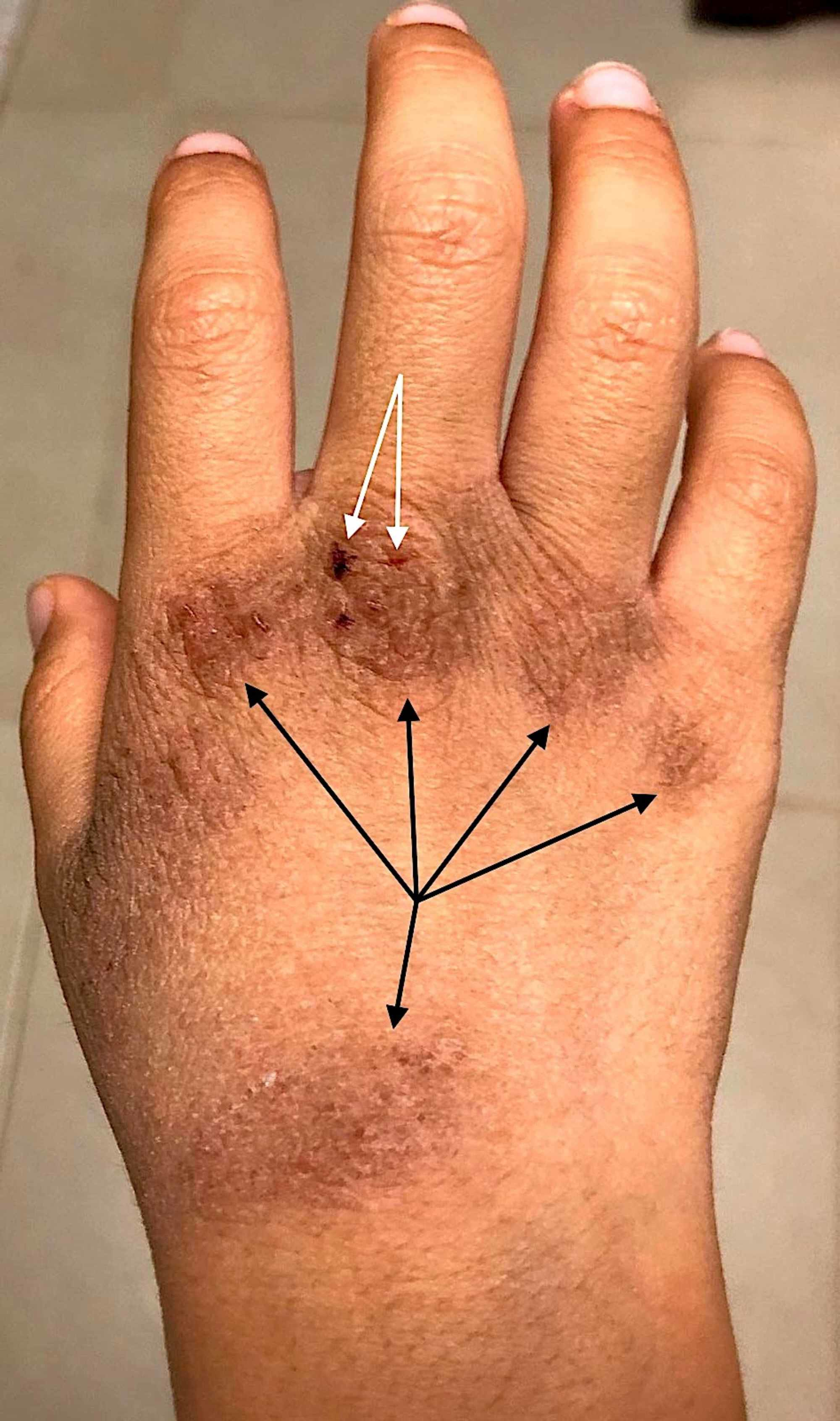
Cureus | Frequent Hand Washing for COVID-19 Prevention Can Cause Hand Dermatitis: Management Tips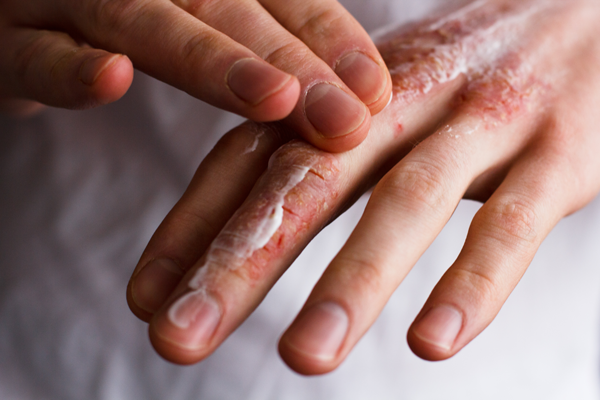
Eczema, Handwashing and the New Coronavirus (COVID-19): Protecting Yourself and Your Skin | Asthma and Allergy Foundation of America
Palm rash: Causes, pictures, and treatments:max_bytes(150000):strip_icc()/allergic-reactions-to-hand-washing-83198-16b965cead824d6e8299059900466322.png)
Allergic Reactions to Hand-Washing
5 Surprising Allergies You May Have
Hand hygiene during COVID-19: Recommendations from the American Contact Dermatitis Society - Journal of the American Academy of Dermatology
Irritant Contact Dermatitis Caused by Hand Sanitizer Use and Handwashing During the COVID-19 Pandemic | Consultant360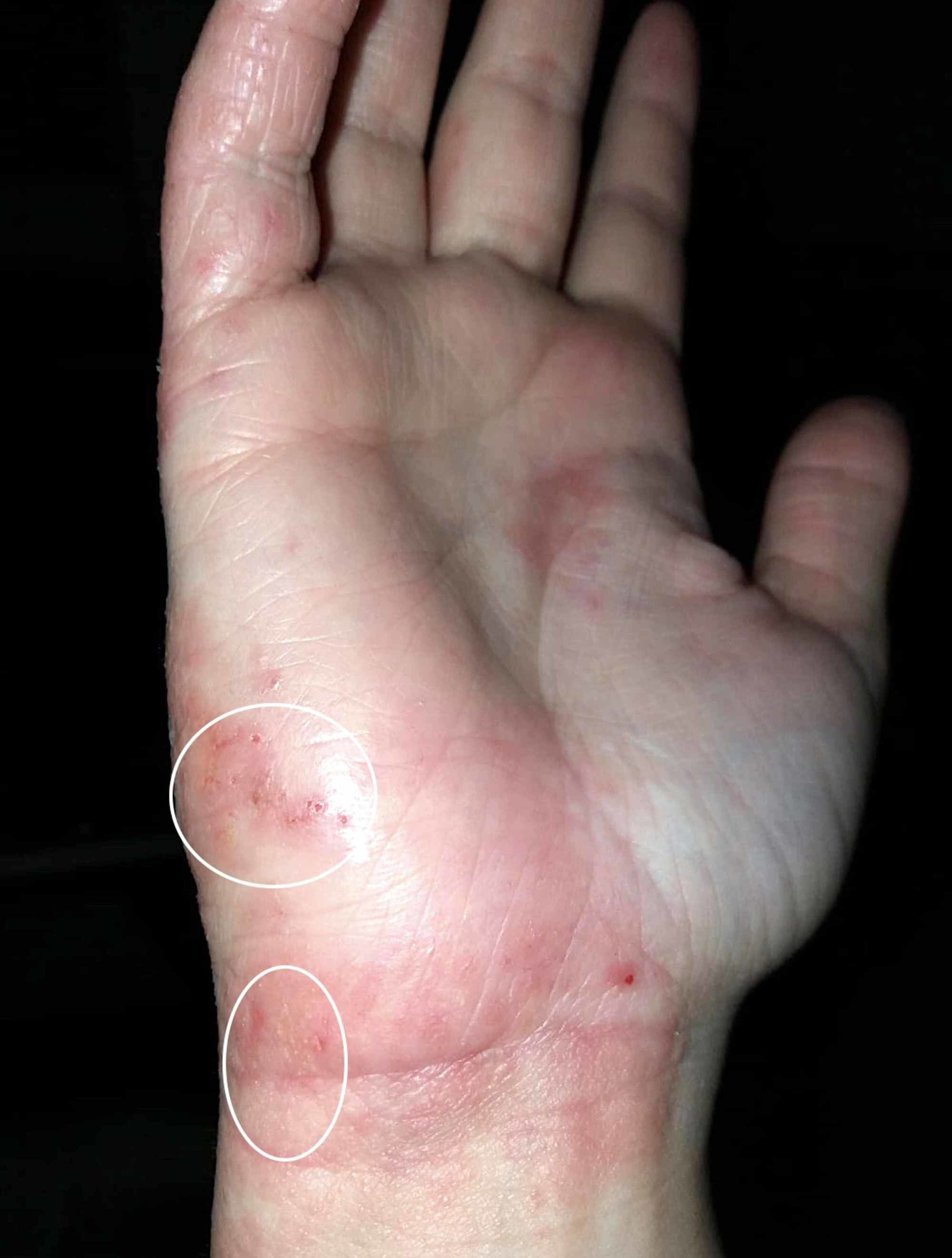
Cureus | Frequent Hand Washing for COVID-19 Prevention Can Cause Hand Dermatitis: Management Tips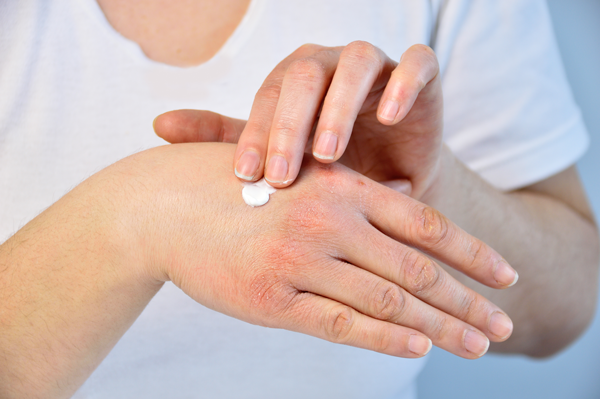
Eczema, Handwashing and the New Coronavirus (COVID-19): Protecting Yourself and Your Skin | Asthma and Allergy Foundation of America
Palm Rash - Symptoms, Causes, Treatments
COMMON RASHES OF THE SKIN :PART 1- HAND DERMATITIS | Florida Skin Center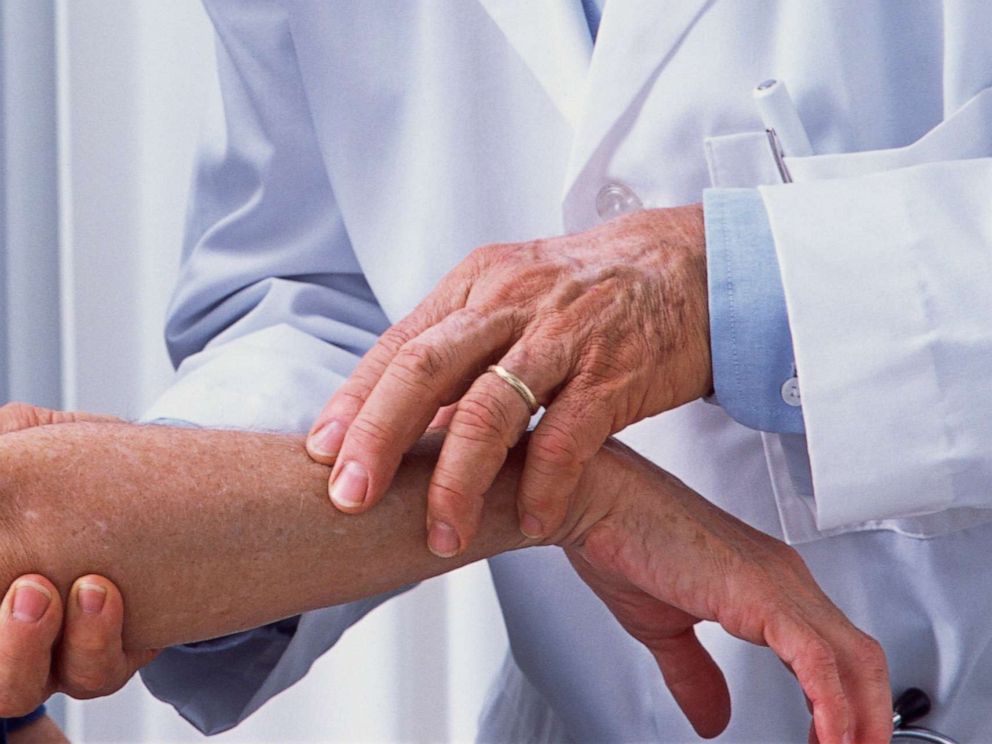
COVID-19 rashes: How your skin can be a sign of the virus - ABC News
What is an allergy sensitizer, and how does a chemical become one?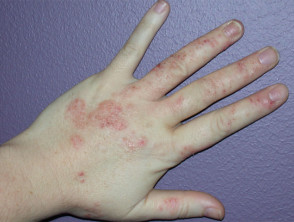
Hand dermatitis | DermNet NZ/allergic-reactions-to-hand-washing-83198-16b965cead824d6e8299059900466322.png)
Allergic Reactions to Hand-Washing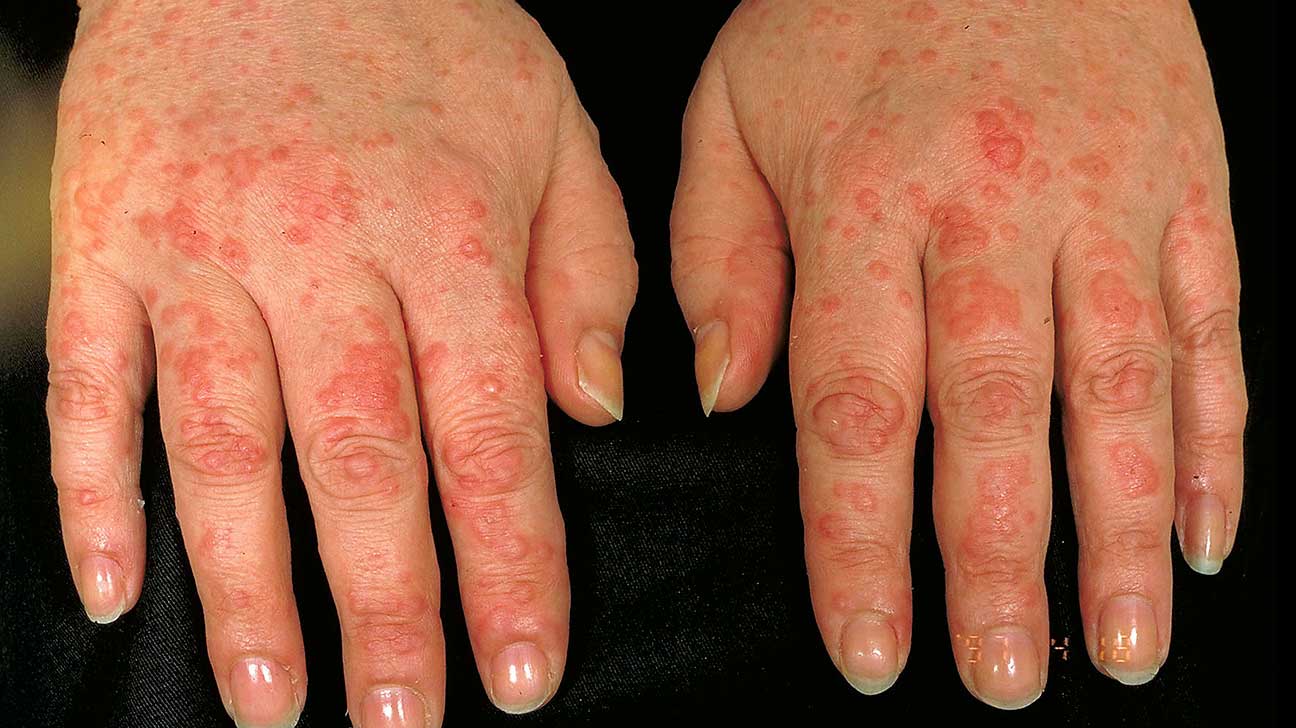
Allergic reactions and rashes: Causes, diagnosis, and treatment
9 Side Effects of Using Hand Sanitizer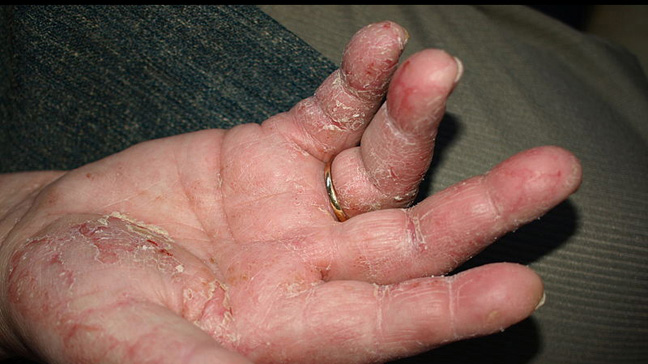
Contact Dermatitis: Causes, Symptoms, and Treatment
What Is Dyshidrotic Eczema? Symptoms, Causes, Diagnosis, Treatment, and Prevention | Everyday Health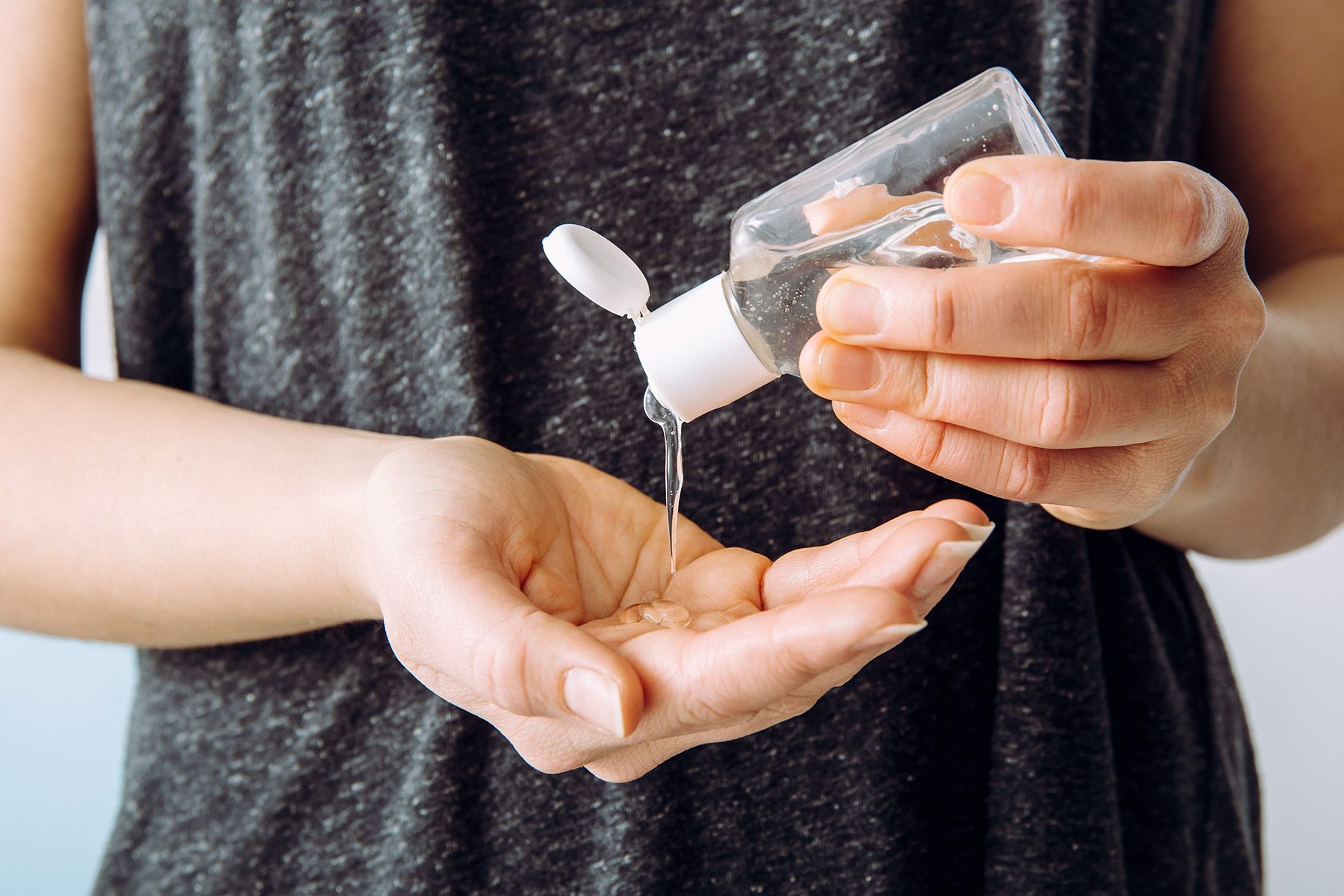
How to Make Hand Sanitizer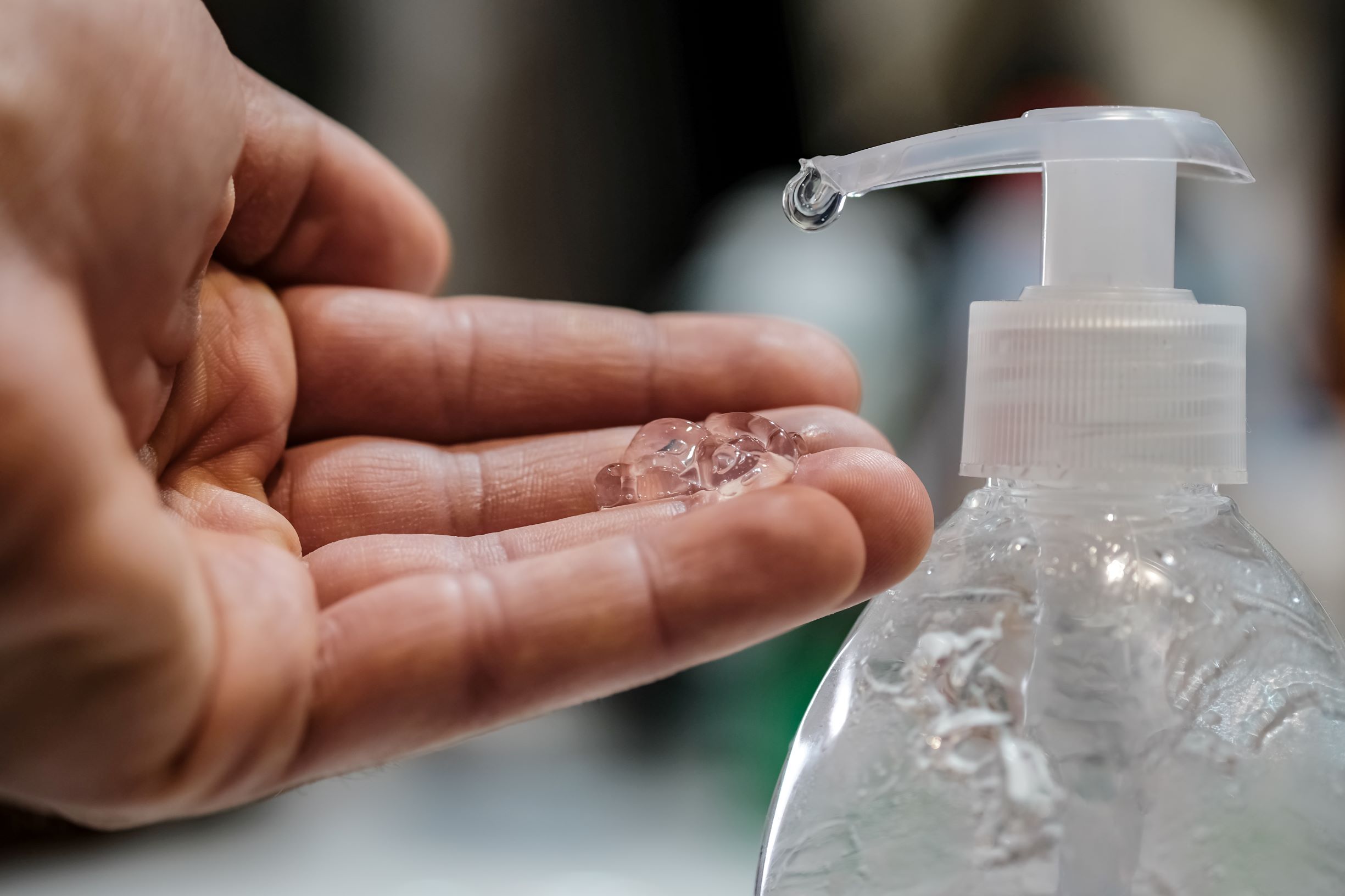
How hand sanitizer caused a man's unusual 'hangover' | Live Science
Wedding ring rash' a real-life seven-year itch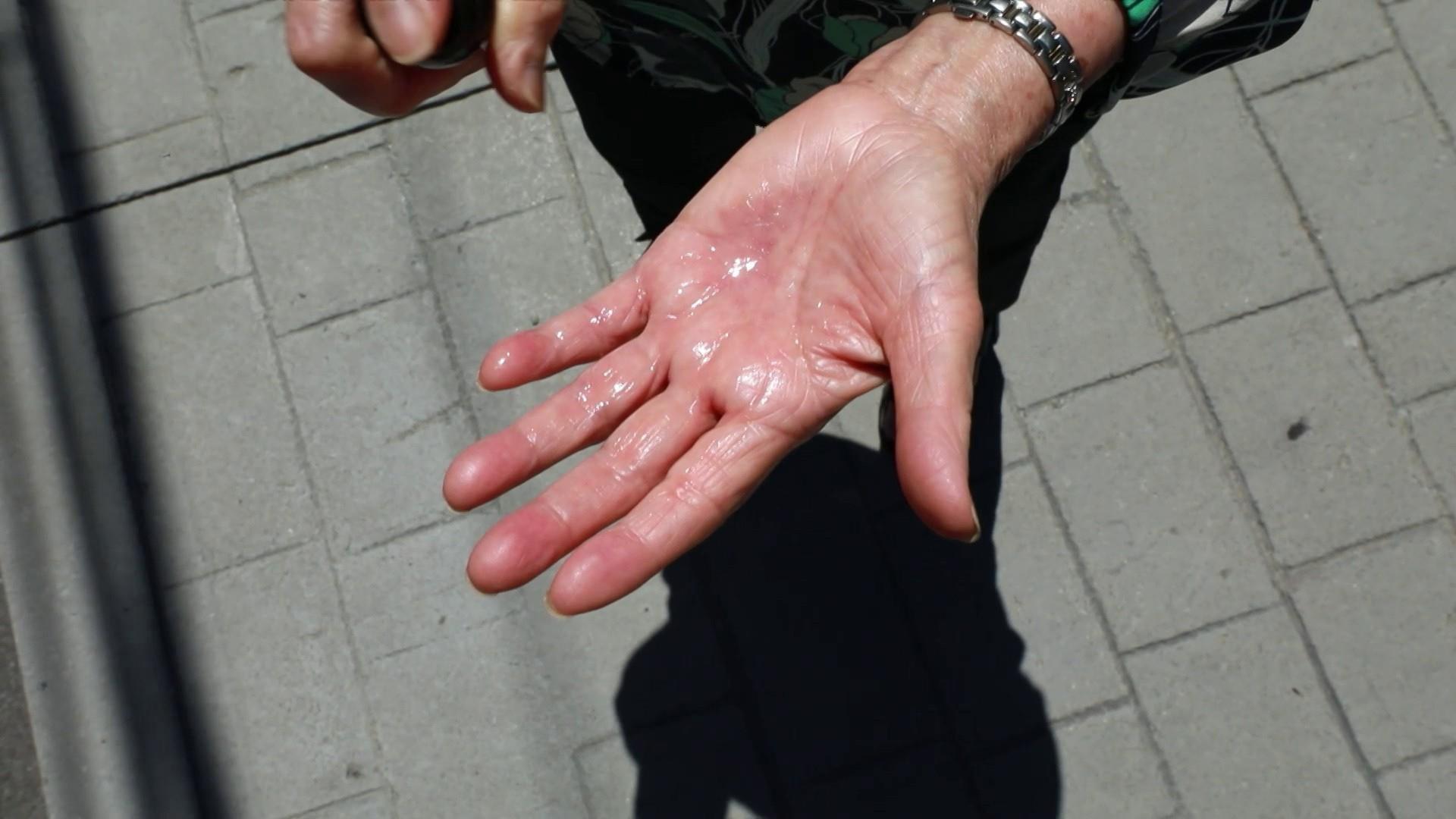
Hand sanitizers to avoid: FDA warns of products with methanol, those packaged to look like food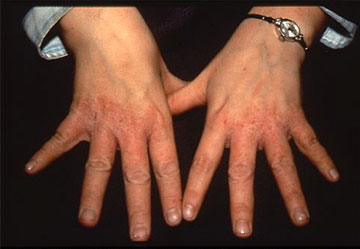
Portland Hand Dermatitis Treatment | Norris Dermatology & Laser
How To Soothe An Allergic Reaction To Hand Sanitiser | Balmonds
Sore hands? How nurses can prevent and treat contact dermatitis | RCNi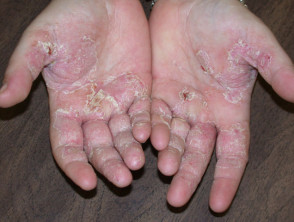
Hand dermatitis | DermNet NZ/allergic-reactions-to-hand-washing-83198-16b965cead824d6e8299059900466322.png)
Allergic Reactions to Hand-Washing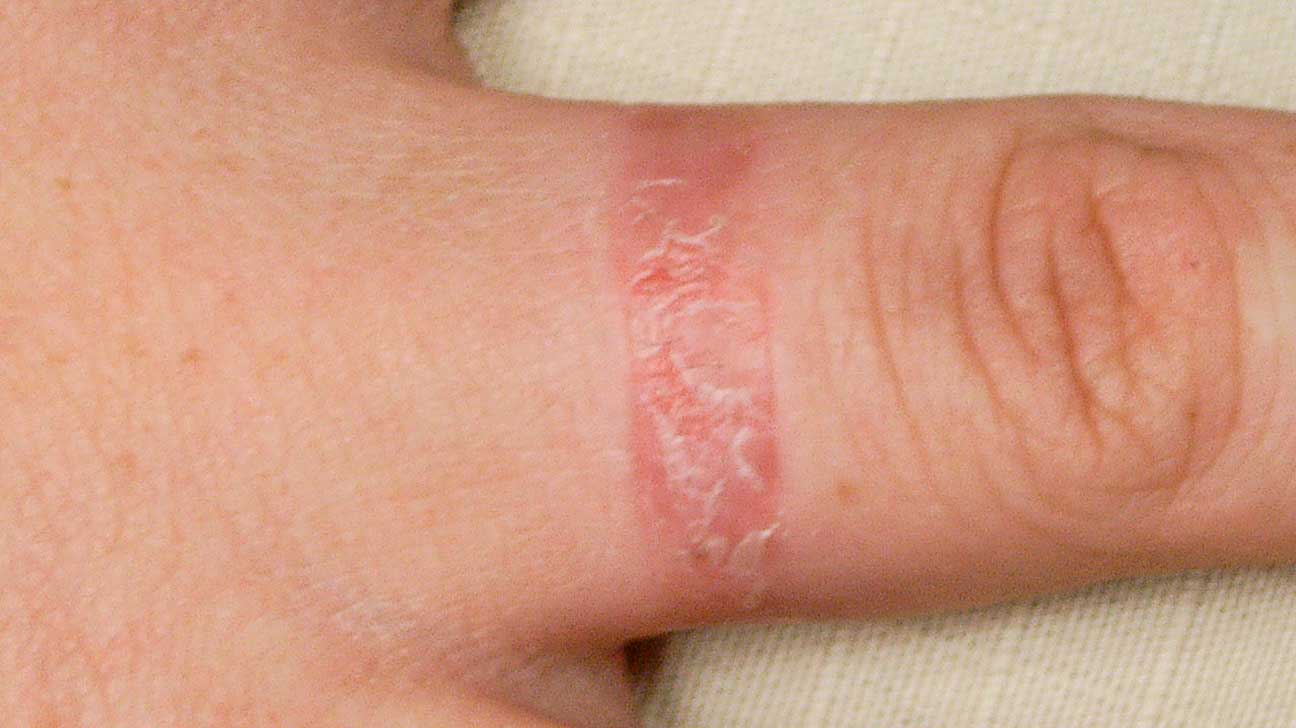
Allergic Contact Dermatitis: Symptoms, Causes, Pictures, and More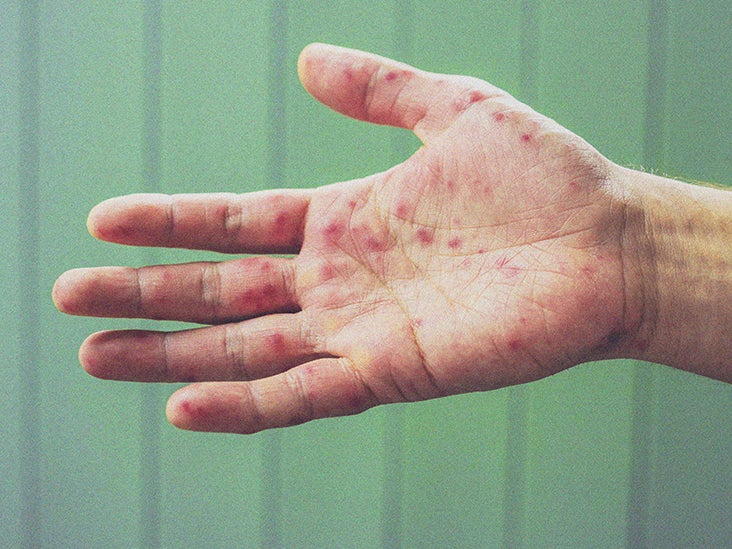
Palm rash: Causes, pictures, and treatments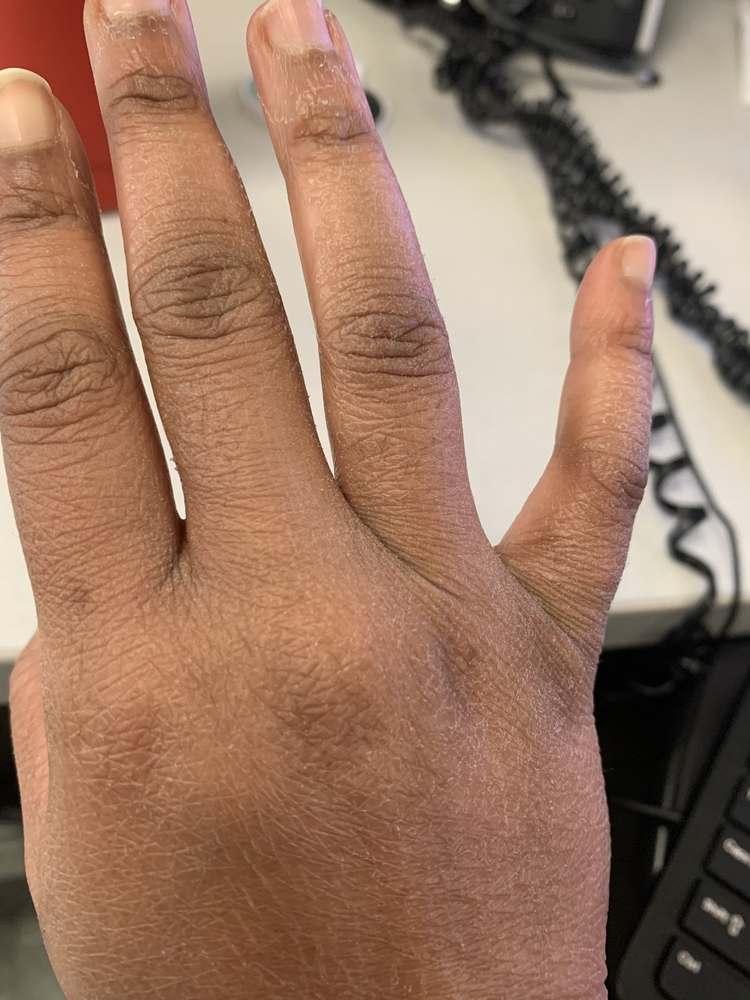
Eczema, Handwashing and the New Coronavirus (COVID-19): Protecting Yourself and Your Skin | Asthma and Allergy Foundation of America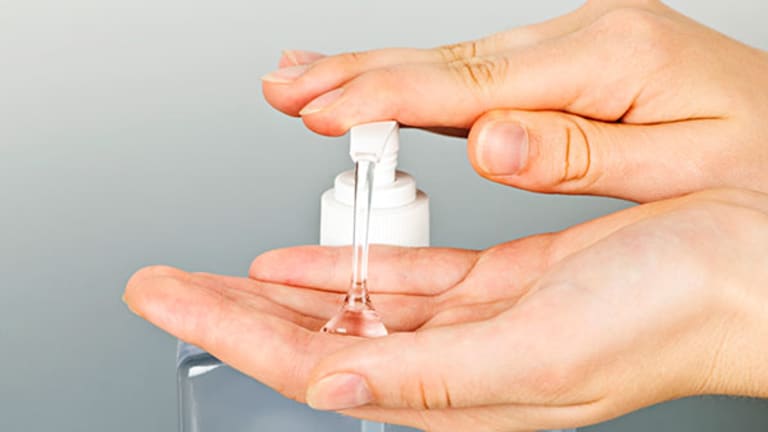
5 Hidden Dangers of Hand Sanitizers - TheStreet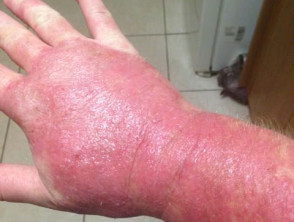
Methylisothiazolinone allergy | DermNet NZ
Soap vs. Hand Sanitizers and 7 Recommendations to Avoid Dry Hands – Consult QD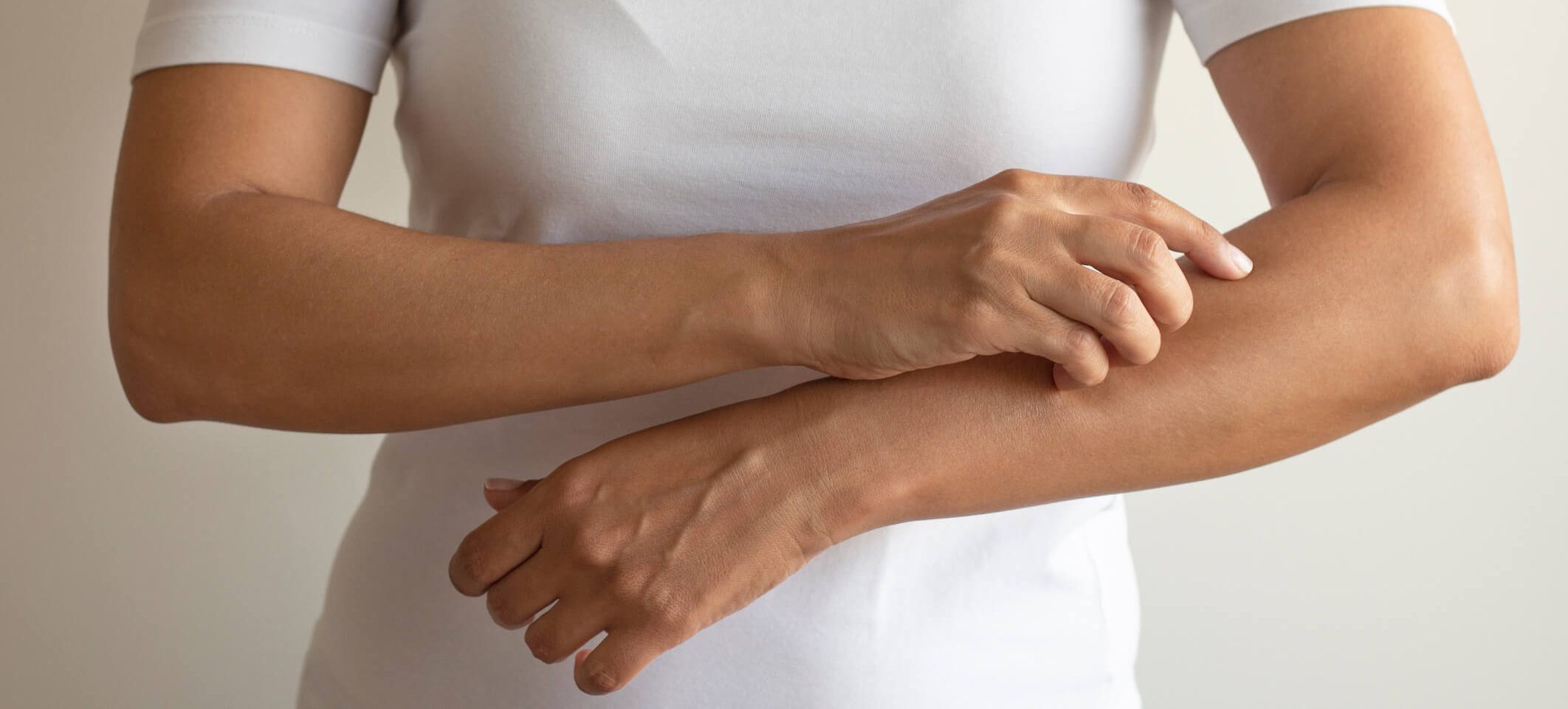
Rash and Skin Disorders | Common Types and Treatments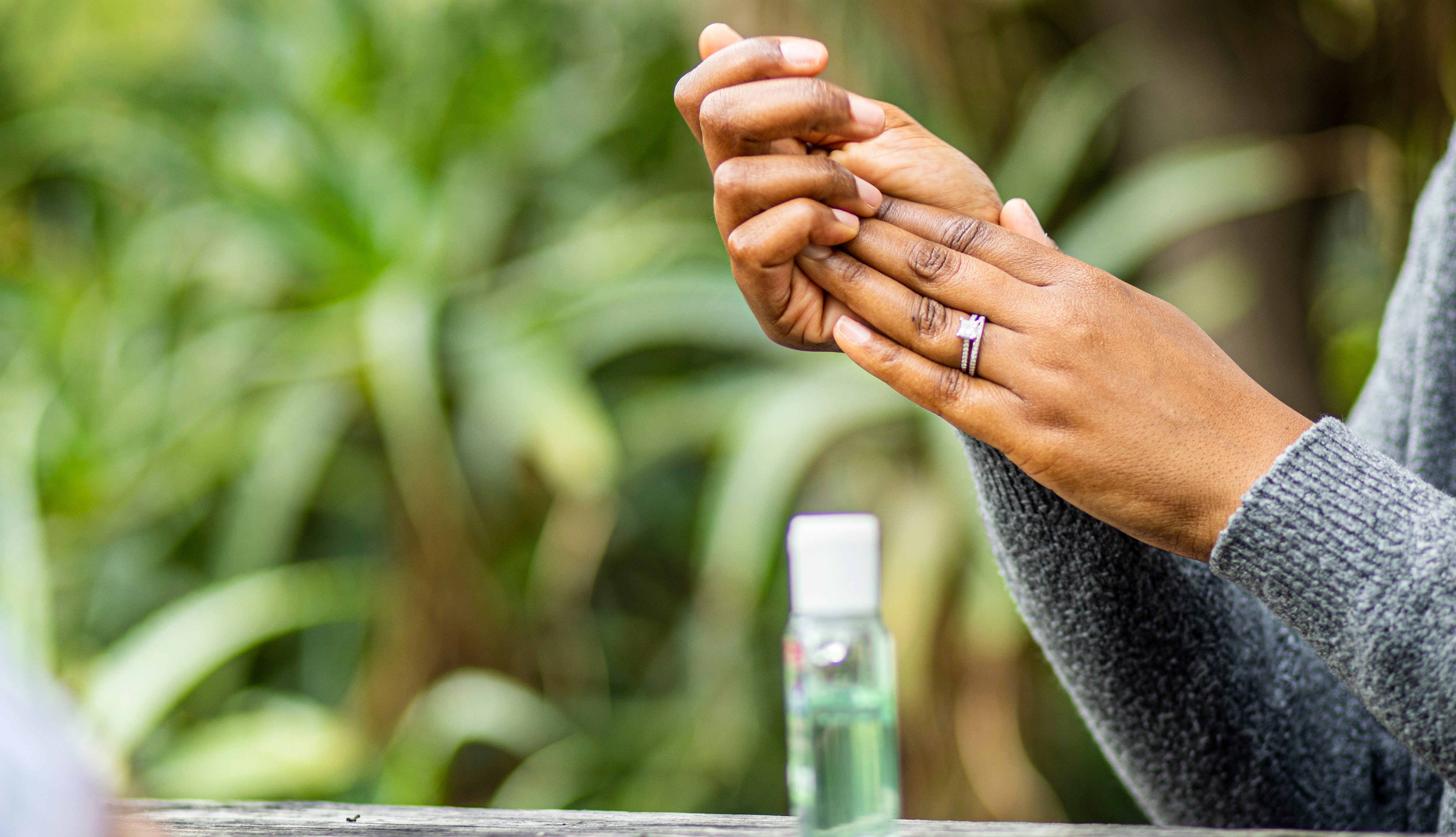
7 Things You Should Know About Hand Sanitizer
Irritant Contact Dermatitis Caused by Hand Sanitizer Use and Handwashing During the COVID-19 Pandemic | Consultant360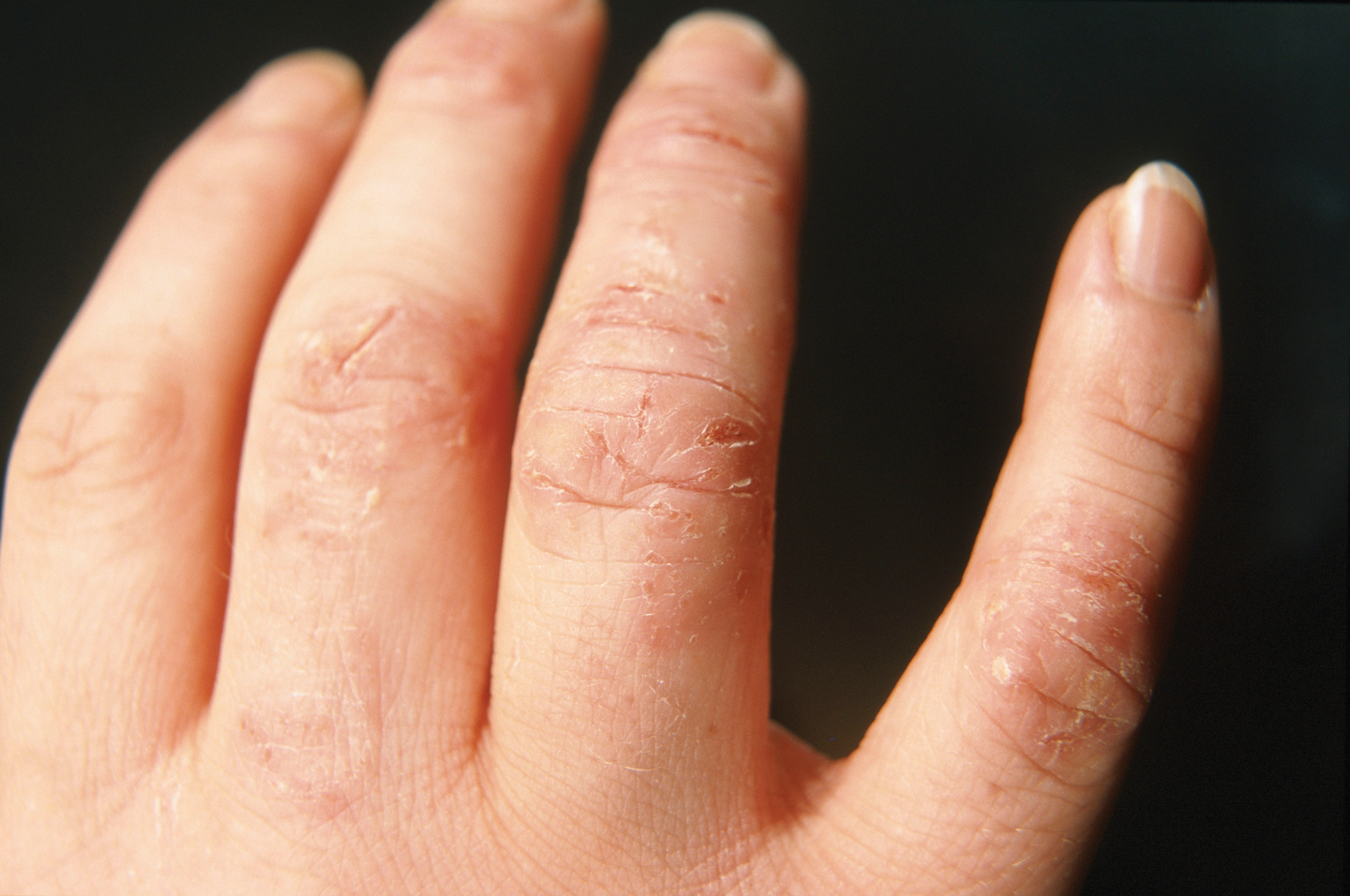
Nail Clinic: Allergy Or Irritation? | Nailpro
Hand and Foot Eczema
 Cureus | Frequent Hand Washing for COVID-19 Prevention Can Cause Hand Dermatitis: Management Tips
Cureus | Frequent Hand Washing for COVID-19 Prevention Can Cause Hand Dermatitis: Management Tips


:max_bytes(150000):strip_icc()/allergic-reactions-to-hand-washing-83198-16b965cead824d6e8299059900466322.png)







/allergic-reactions-to-hand-washing-83198-16b965cead824d6e8299059900466322.png)












/allergic-reactions-to-hand-washing-83198-16b965cead824d6e8299059900466322.png)











Posting Komentar untuk "allergic reaction to hand sanitizer"